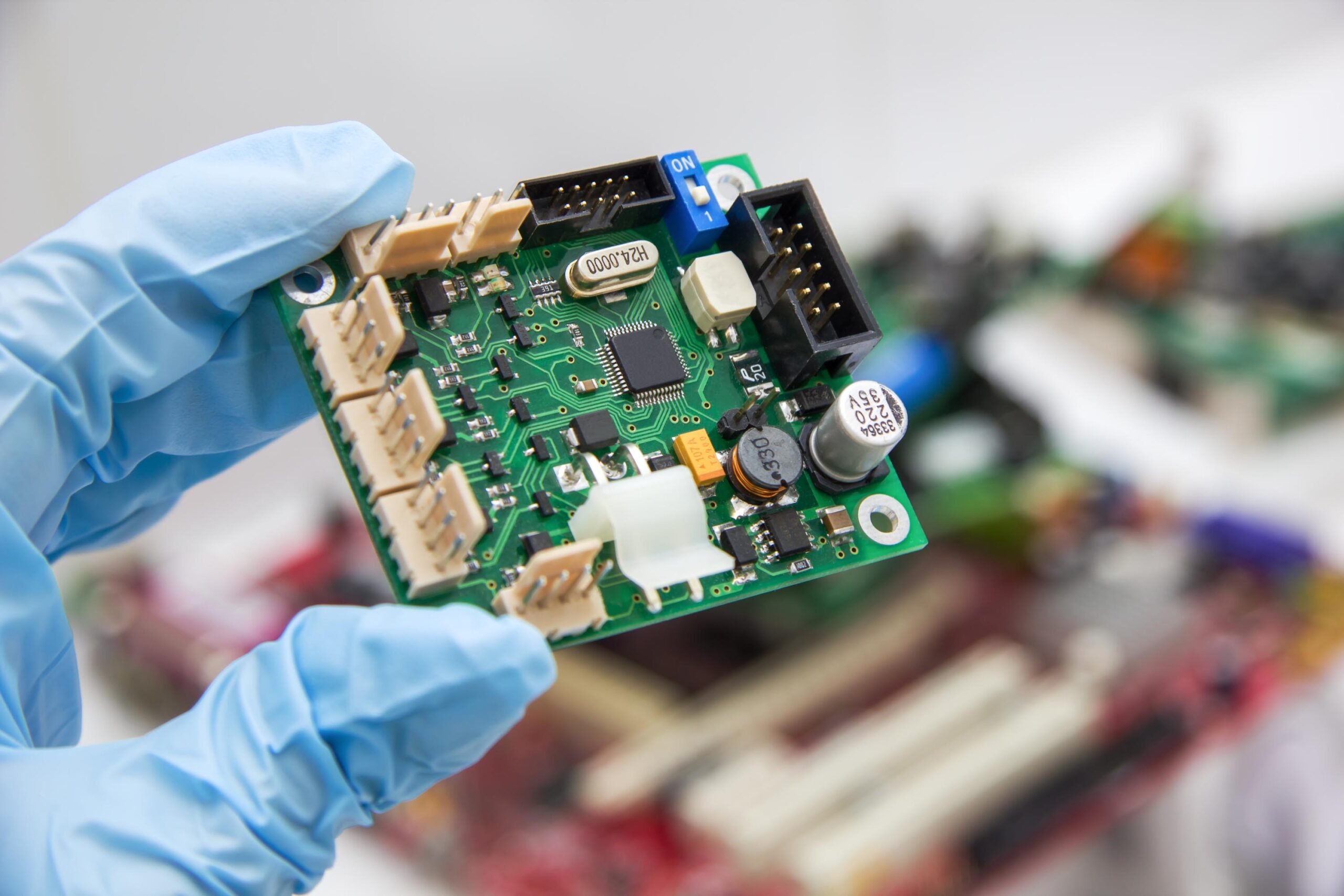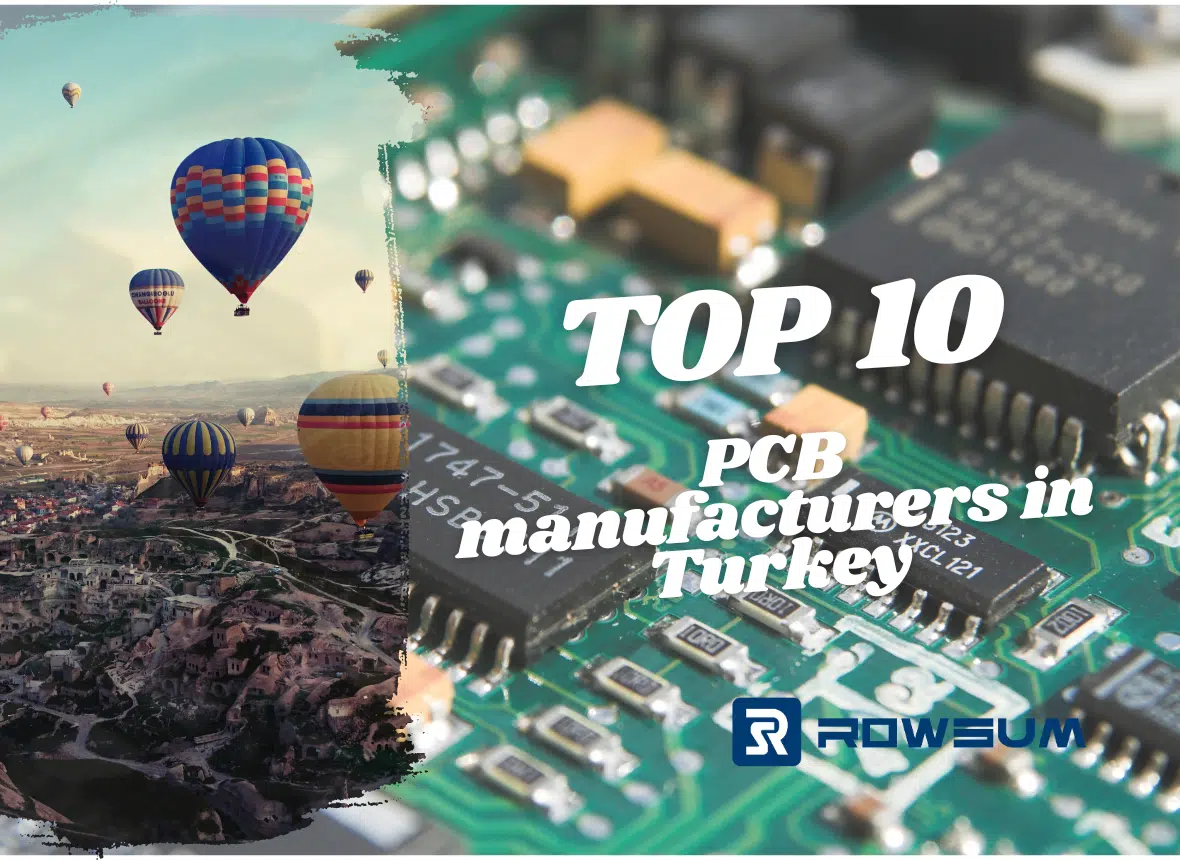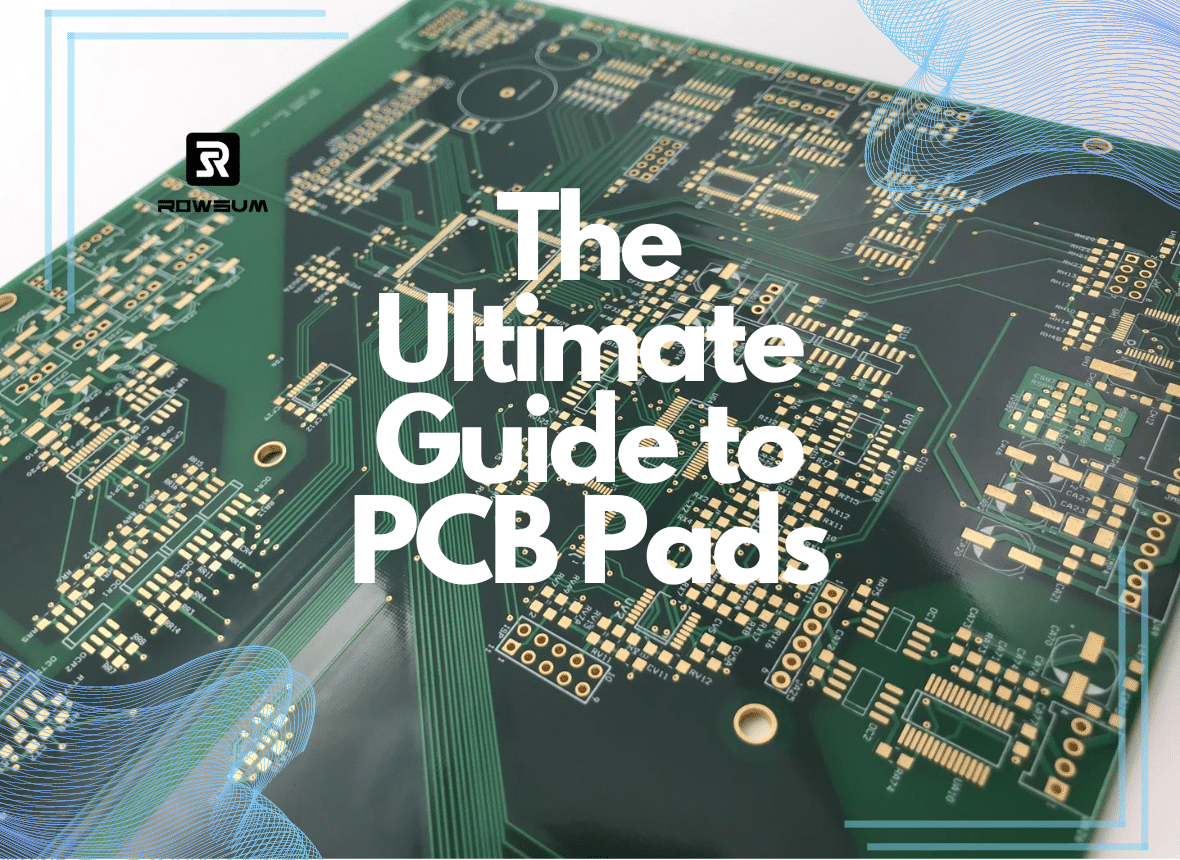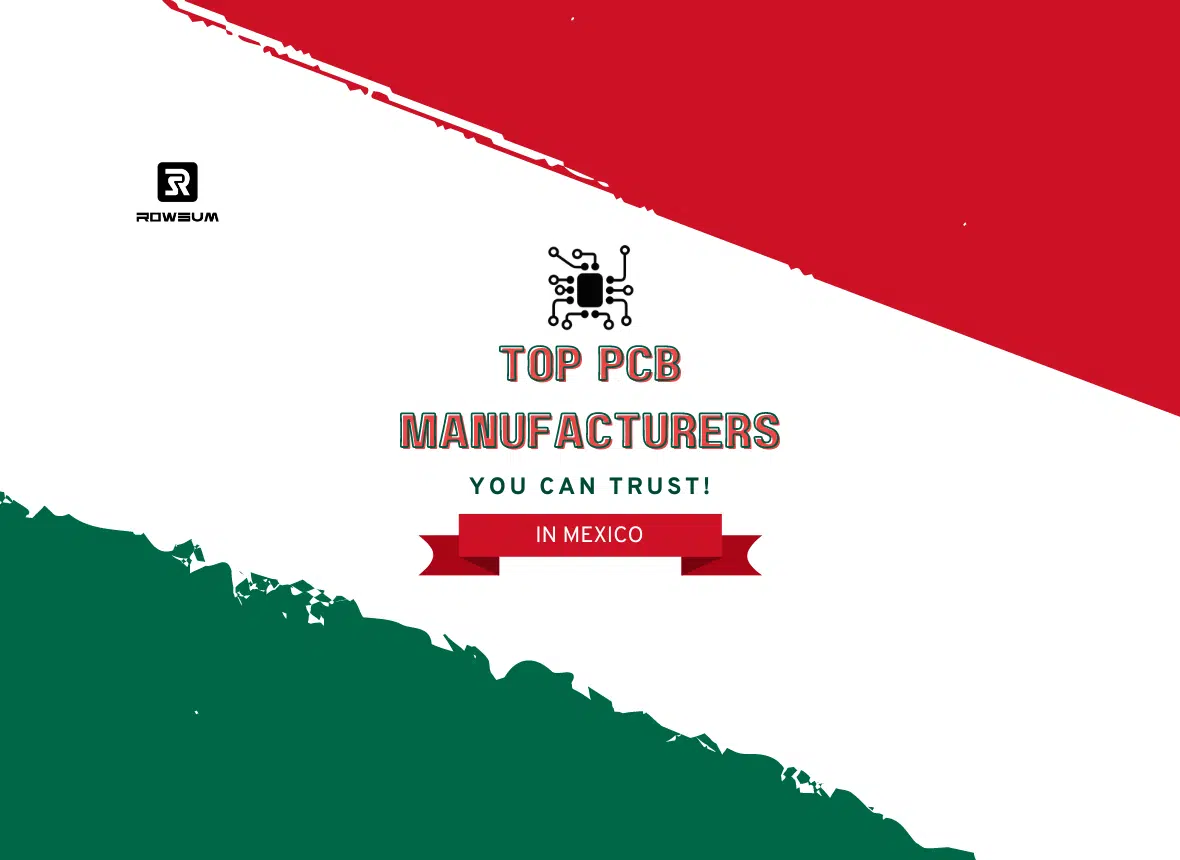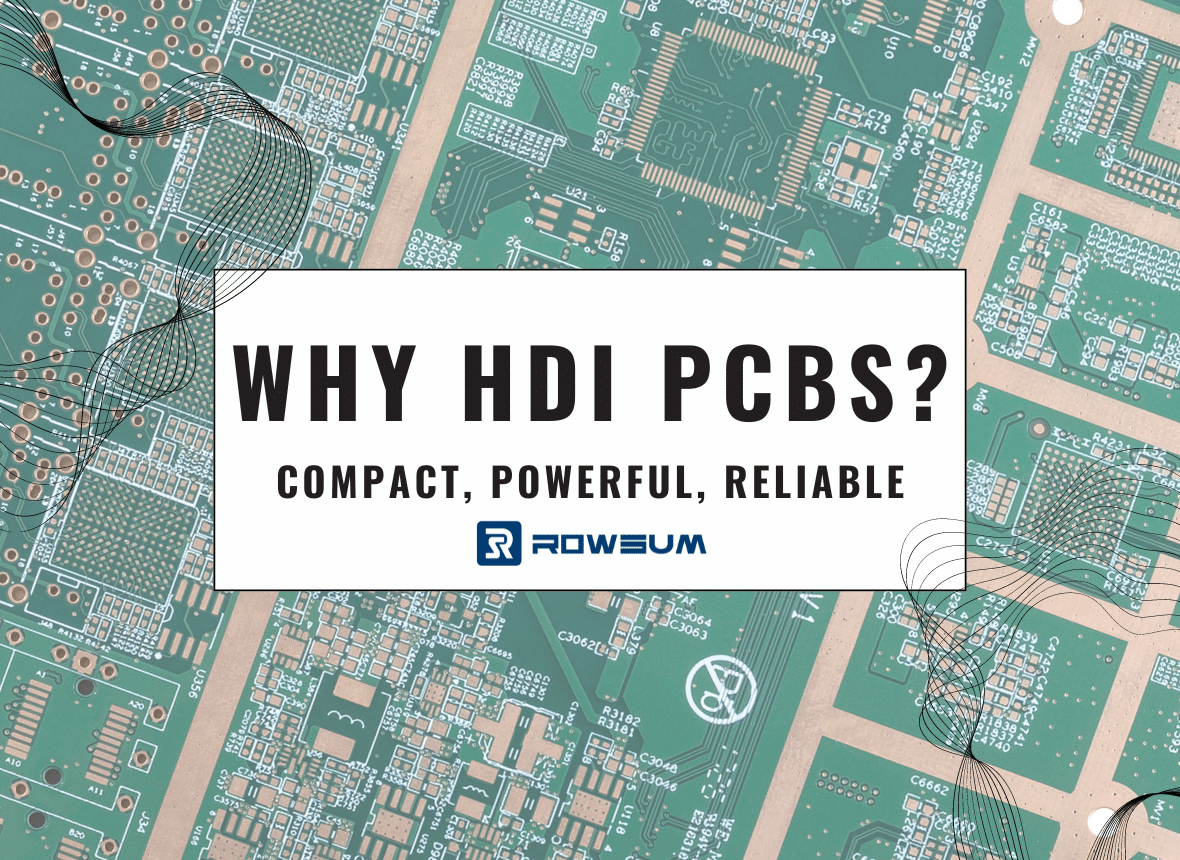Introduction
Are you searching for the best PCBA manufacturing solution for your business, but feeling overwhelmed by the multitude of options available? With the global market offering various choices, it’s crucial to carefully weigh the pros and cons of partnering with a PCBA manufacturer to ensure you make the right decision. As you navigate through the selection process, you’ll likely encounter two major players in the industry: Europe and China. In this article, we’ll delve into the factors that set them apart, such as cost efficiency, quality, lead times, technological capabilities, and more. We’ll objectively examine the strengths and weaknesses of both regions to help you make an informed decision that aligns with your business needs. So, let’s dive in and explore the world of PCBA manufacturing, comparing Europe and China, and discover the best fit for your unique requirements.
Cost Efficiency: A Balanced Perspective
It’s essential to provide a balanced perspective when discussing cost efficiency in PCBA manufacturing. European procurement managers may be weighing the pros and cons of partnering with local manufacturers or opting for Chinese production. Let’s dive deeper into the various cost factors, considering both the advantages and disadvantages of each region.
- Material Costs
While China benefits from a vast network of local suppliers, Europe is home to several major semiconductor manufacturers. This proximity can result in lower costs for specific components like chips. However, Chinese suppliers offer a mature supply chain for most electronic components, which can be advantageous when considering the broader scope of PCBA manufacturing.
- Labor Costs
Although China’s lower labor costs can provide substantial savings, European manufacturers may counterbalance this advantage by employing higher levels of automation and focusing on specialized, high-value production. This approach can help European manufacturers maintain a competitive edge in specific market segments.
- Logistics and Shipping Costs
It’s true that shipping costs from China to Europe can be higher than local transportation within Europe. However, the savings gained from lower labor and material costs in China can potentially offset these expenses. Additionally, some businesses may choose a hybrid approach, procuring components locally in Europe and sending them to China for assembly, to capitalize on the strengths of both regions.
- Quality and Certification
European manufacturers often boast well-established quality control systems and hold various certifications. While Chinese manufacturers are rapidly improving in this regard, European businesses may still perceive local production as a safer choice for high-quality PCBA manufacturing. However, it’s essential to recognize that many Chinese manufacturers, such as Rowsum, have invested in quality control systems and hold industry certifications like ISO, RoHS, and UL, ensuring their products meet global standards.
- Lead Times and Flexibility
Local European manufacturers might offer shorter lead times due to proximity, which can be a significant advantage for businesses that require rapid production and delivery. However, Chinese manufacturers can often provide shorter lead times for mass production due to their larger production capacity and flexibility.
- Environmental Regulations and Compliance
European manufacturers operate under stricter environmental regulations, which can result in higher compliance costs. In contrast, Chinese manufacturers may face fewer regulatory hurdles. However, as environmental concerns become increasingly important for global businesses, Chinese manufacturers are also adapting and investing in sustainable practices to meet international expectations.
In summary, while there are undoubtedly advantages to partnering with a European manufacturer, Chinese PCBA manufacturers offer several competitive benefits that can address the concerns and requirements of European procurement managers. By considering a comprehensive and detailed analysis of the various cost factors, businesses can make informed decisions that align with their specific needs and preferences.
Quality: A Deeper Comparison
When comparing the quality of PCBA manufacturing between European and Chinese manufacturers, it’s essential to consider the specific industries and applications involved. Different sectors have unique requirements and challenges, making certain manufacturers better suited to cater to their needs. Let’s delve into a more detailed comparison, taking into account various industries and applications.
- Aerospace and Medical Devices
European manufacturers have a well-established reputation for producing high-quality PCBAs for industries like aerospace and medical devices. These sectors require stringent quality control measures, adherence to strict regulations, and a deep understanding of specific industry standards. In such cases, partnering with a local European manufacturer can offer peace of mind and ensure compliance with all relevant requirements.
- Consumer Electronics and Automotive
China has experienced rapid growth in industries such as consumer electronics and automotive, leading to a deep understanding of the unique challenges and requirements of these sectors. Chinese manufacturers, with their extensive experience, skilled workforce, and mature supply chain, are well-equipped to deliver high-quality PCBAs for consumer electronics and automotive applications. They can ensure excellent quality control while also providing cost-effective solutions.
- Industrial and Telecommunications
The industrial and telecommunications sectors have diverse requirements, and both European and Chinese manufacturers have demonstrated expertise in addressing these needs. European manufacturers may excel in producing specialized and high-value PCBAs for industrial applications, while Chinese manufacturers can offer competitive pricing and quick turnaround times for large-scale telecommunications projects.
- New Energy and Green Technologies
China has been at the forefront of new energy development and green technologies, which has led to a wealth of experience in PCBA manufacturing for these sectors. Chinese manufacturers can provide high-quality, reliable PCBAs for solar panels, electric vehicles, and other green technology applications. Their familiarity with the industry and established supply chain network allows them to deliver cost-effective and efficient solutions.
- Customization and Niche Applications
When it comes to niche applications and customized solutions, both European and Chinese manufacturers can offer unique advantages. European manufacturers often excel in providing tailor-made solutions for specialized industries, leveraging their skilled workforce and advanced manufacturing capabilities. On the other hand, Chinese manufacturers have demonstrated the ability to quickly adapt and cater to clients’ specific needs, offering flexibility and cost-effective customization options.
In summary, the choice between European and Chinese PCBA manufacturers depends on the specific requirements and priorities of the project at hand. While European manufacturers may hold an advantage in certain specialized industries, Chinese manufacturers can offer competitive solutions in sectors like consumer electronics, automotive, and new energy. By considering the unique strengths and experiences of each region, businesses can make informed decisions that best align with their project needs and expectations.
Lead Times
Lead times play a significant role in PCBA manufacturing, as they can impact project schedules and overall efficiency. Comparing lead times between European and Chinese manufacturers can help businesses make informed decisions based on their specific needs and priorities. Let’s examine the factors influencing lead times in both regions.
- Production Capacity and Flexibility
European manufacturers often operate on a smaller scale than their Chinese counterparts, which may result in longer lead times due to limited production capacity. However, they can offer flexibility and quick response times for smaller, specialized projects.
Chinese manufacturers, like Rowsum, have the advantage of large-scale production facilities, allowing them to handle high-volume orders and achieve shorter lead times. Their extensive experience and established supply chain networks enable them to respond quickly to changing market demands and customer requirements. Additionally, many Chinese factories implement a shift rotation system, ensuring continuous production while maintaining workers’ welfare. This approach helps to further improve efficiency and reduce lead times.
- Logistics and Shipping
Logistics and shipping can significantly impact lead times, particularly when dealing with international suppliers. European manufacturers have an advantage when serving local customers, as they can provide faster shipping times within the region, reducing overall lead times.
For Chinese manufacturers, shipping to international destinations, particularly in Europe and North America, can add to lead times due to logistics and customs clearance processes. However, their competitive pricing and lower labor costs can offset the additional time required for shipping, making them an attractive option for businesses looking to balance cost and lead time considerations.
- Supply Chain and Component Availability
The availability of components is a critical factor that influences lead times in PCBA manufacturing. European manufacturers may have an advantage in sourcing specialized components locally, reducing lead times for specific industries, such as aerospace and medical devices.
Chinese manufacturers benefit from a well-established and mature supply chain network, which allows them to source components quickly and efficiently. While sourcing specific components from Europe may add to lead times, Chinese manufacturers can often find suitable alternatives within their vast network of suppliers, minimizing delays in production.
- Customization and Special Requirements
Customized solutions and special requirements can impact lead times, as they may require additional time for design, prototyping, and production. European manufacturers excel in providing customized solutions for specialized industries, thanks to their skilled workforce and advanced manufacturing capabilities. While this can result in longer lead times, it ensures that the final product meets the specific needs and expectations of the client.
Chinese manufacturers have demonstrated their ability to quickly adapt and cater to clients’ unique requirements, offering flexibility and agility in their processes. By leveraging their extensive experience and production capabilities, they can often deliver customized solutions with shorter lead times compared to their European counterparts.
In conclusion, lead times in PCBA manufacturing can vary significantly depending on various factors, including production capacity, logistics, component availability, and customization requirements. European manufacturers may have an edge in certain aspects, such as local logistics and specialized component sourcing. However, Chinese manufacturers can offer competitive lead times through their large-scale production facilities, mature supply chain networks, and efficient shift rotation systems that ensure continuous production. Businesses should weigh these factors when selecting a PCBA manufacturing partner to ensure that their project timelines and priorities are met.
Technological Capabilities
When choosing a PCBA manufacturer, it’s essential to consider their technological capabilities, as this can directly impact the quality, reliability, and innovation of the final product. Both European and Chinese manufacturers have unique strengths and areas of expertise, which should be taken into account when making a decision. Let’s dive into the key aspects of technological capabilities in both regions.
- Research and Development (R&D)
European manufacturers are often known for their strong focus on R&D and innovation. With a highly skilled workforce and access to advanced research facilities, they can develop cutting-edge technologies and solutions for specialized industries, such as aerospace, medical devices, and automotive electronics. Given the importance of confidentiality in certain projects, it may be better for businesses to collaborate with local R&D teams within their own European country, depending on their specific needs, to handle sensitive information and protect intellectual property.
Chinese manufacturers have also been making significant strides in R&D, with a growing emphasis on innovation and technological advancement, particularly in industries that receive strong government support. Many Chinese companies, like Rowsum, have dedicated R&D teams that work on developing new technologies and improving existing processes to stay ahead of the competition. As a result, Chinese manufacturers have achieved world-leading positions in various industries, such as telecommunications, consumer electronics, and renewable energy.
- Manufacturing Equipment and Automation
Advanced manufacturing equipment and automation are essential for ensuring high-quality and consistent PCBA production. European manufacturers typically invest in state-of-the-art equipment and automation technologies, which allow them to produce complex PCBAs with tight tolerances and high precision. This focus on quality and precision is particularly valuable in industries with strict regulatory requirements, such as aerospace and medical devices.
Chinese manufacturers have also been investing heavily in advanced equipment and automation to improve their production capabilities and meet the increasing demands of global customers. With the rapid growth of China’s manufacturing sector, companies like Rowsum have access to cutting-edge machinery and automation systems, enabling them to produce high-quality PCBAs with greater efficiency and cost-effectiveness.
- Industry Specialization and Expertise
Both European and Chinese manufacturers have unique industry specializations and expertise. European manufacturers are often recognized for their expertise in specialized industries with strict quality requirements, such as aerospace, medical devices, and high-end automotive electronics. Their knowledge and experience in these sectors enable them to deliver reliable and high-performance PCBAs.
On the other hand, Chinese manufacturers have developed expertise in industries that have benefited from rapid growth and strong government support, such as consumer electronics, automotive, and renewable energy. Their experience in these sectors allows them to offer cost-effective and high-quality PCBA solutions that cater to the specific needs of these industries, often achieving world-leading positions in terms of technology and innovation.
Environmental Impact
Environmental considerations are increasingly important for businesses and consumers alike. When choosing a PCBA manufacturer, the environmental impact of their operations should be taken into account. Both European and Chinese manufacturers have different approaches to environmental protection and sustainability, which we will discuss in this section.
- Regulations and Compliance
European countries have stringent environmental regulations in place to ensure that manufacturers adhere to best practices in waste management, emissions reduction, and resource conservation. European PCBA manufacturers are required to comply with various environmental standards, such as the Restriction of Hazardous Substances (RoHS) and the Waste Electrical and Electronic Equipment (WEEE) directive. This commitment to environmental responsibility can lead to higher-quality and more sustainable products.
Chinese manufacturers are also subject to environmental regulations, although the enforcement of these rules can vary depending on the region and the specific manufacturer. However, many Chinese PCBA manufacturers have made significant efforts to improve their environmental performance and comply with international standards. These companies have adopted measures such as proper waste management, emissions reduction, and resource conservation to minimize their environmental impact.
- Eco-friendly Materials and Processes
Both European and Chinese manufacturers can utilize eco-friendly materials and processes in their PCBA production. European manufacturers are known for their commitment to using environmentally friendly materials and prioritizing sustainable manufacturing processes. This approach can result in PCBAs with a lower environmental impact and a reduced carbon footprint.
Chinese manufacturers have also been making strides in adopting eco-friendly materials and processes, as they recognize the importance of sustainability in the global market. Many Chinese companies have started to use more environmentally friendly materials and have implemented greener manufacturing processes, which can contribute to a lower environmental impact and more sustainable products.
- Supply Chain Sustainability
Supply chain sustainability is another critical factor in evaluating the environmental impact of PCBA manufacturers. European manufacturers often have more transparent and traceable supply chains, which can help to ensure that materials and components are sourced responsibly and ethically.
Chinese manufacturers have made progress in improving supply chain transparency and sustainability, although there can still be some challenges in tracing materials and components back to their origin. However, companies in China are committed to working closely with their suppliers to ensure responsible sourcing and to minimize the environmental impact of their operations.
In conclusion, the environmental impact of PCBA manufacturers should be a key consideration when selecting a supplier. European manufacturers often excel in regulatory compliance, eco-friendly materials and processes, and supply chain sustainability. Chinese manufacturers have also made significant progress in these areas, with a focus on adopting environmentally friendly practices and improving supply chain transparency. Ultimately, businesses should evaluate the environmental performance of potential PCBA manufacturing partners to ensure that their operations align with their sustainability goals and commitments.
Customer Service
Customer service is an essential aspect of any successful business relationship, particularly when working with international suppliers. Both European and Chinese PCBA manufacturers have their own approaches to customer service, which we will explore in this section.
- Communication
Effective communication is crucial in maintaining a strong business partnership. European PCBA manufacturers often have a more localized presence, which can make communication more accessible and more efficient for clients in the same region. Additionally, European manufacturers may have a better understanding of the local market and customer expectations, which can contribute to a smoother working relationship.
Chinese manufacturers have made great strides in improving communication with international clients. Many Chinese PCBA companies have English-speaking staff and dedicated customer service teams to cater to their global clientele. This focus on communication can help bridge cultural and language barriers, ensuring a smooth working relationship with clients worldwide.
- Technical Support
Technical support is another essential aspect of customer service, particularly in the electronics manufacturing industry. European manufacturers often have in-house engineering teams that can provide expert advice and support on PCBA design, assembly, and troubleshooting.
Chinese manufacturers have also placed a significant emphasis on providing high-quality technical support to their clients. Many Chinese companies have experienced engineering teams that can offer design assistance, prototyping services, and technical guidance to help clients achieve their project goals. These manufacturers understand the importance of delivering technical expertise and support to ensure customer satisfaction.
- Flexibility and Responsiveness
Both European and Chinese PCBA manufacturers need to be flexible and responsive to their clients’ needs. European manufacturers may have an advantage in this area due to their localized presence and proximity to their customers, allowing for more efficient collaboration and faster decision-making.
Chinese manufacturers have made significant efforts to improve their flexibility and responsiveness, often by adopting a customer-centric approach. These companies are committed to understanding and meeting their clients’ needs, offering tailored solutions and rapid response times to address any issues or concerns that may arise during the project lifecycle.
In conclusion, customer service should be a key consideration when selecting a PCBA manufacturer. Both European and Chinese suppliers have their strengths in communication, technical support, flexibility, and responsiveness. By evaluating the customer service capabilities of potential manufacturing partners, businesses can ensure they select a supplier that aligns with their needs and expectations, ultimately contributing to a successful and long-lasting partnership.
Intellectual Property Protection
Intellectual property (IP) protection is a critical concern for businesses, especially when outsourcing manufacturing processes like PCB and PCBA. Ensuring the protection of IP, such as patents, trademarks, and copyrights, is vital to maintaining a competitive advantage in the market. In this section, we will explore the differences in IP protection offered by European and Chinese manufacturers.
- Legal Framework
The European Union has a robust legal framework for IP protection, including a well-defined set of rules and regulations that govern IP rights. European countries are known for their strict enforcement of IP laws, providing a high level of security for businesses seeking to protect their valuable assets. Additionally, European courts are generally considered reliable and efficient in handling IP disputes, offering a sense of confidence for businesses operating in the region.
China has made significant progress in strengthening its IP protection system in recent years. The Chinese government has been working to improve its legal framework and enforcement mechanisms, leading to an increase in the number of IP cases filed and resolved in Chinese courts. However, despite these improvements, IP protection in China is still considered less reliable than in Europe, and businesses should take additional precautions when outsourcing manufacturing to Chinese suppliers.
- Preventative Measures
Both European and Chinese manufacturers can implement various preventative measures to protect their clients’ IP. Some of these measures include:
- Non-disclosure agreements (NDAs): NDAs are legally binding contracts that prevent the unauthorized disclosure of confidential information. Both European and Chinese manufacturers can sign NDAs with their clients to ensure the protection of sensitive information and IP during the manufacturing process.
- Access control: Implementing strict access control measures in manufacturing facilities can help prevent unauthorized access to sensitive data and IP. This can include limiting access to specific areas of the facility, maintaining visitor logs, and using secure electronic data storage systems.
- Employee training: Providing comprehensive training to employees on the importance of IP protection and the consequences of IP theft can help raise awareness and prevent accidental or intentional breaches.
- Due Diligence
Performing due diligence when selecting a PCBA manufacturer is crucial in ensuring IP protection. This may involve conducting background checks on potential suppliers, assessing their reputation and track record in handling IP-sensitive projects, and evaluating their adherence to industry best practices for IP protection.
In conclusion, while European manufacturers may offer a more reliable legal framework for IP protection, businesses can still take steps to ensure their IP is safeguarded when working with Chinese manufacturers. By carefully selecting a manufacturing partner and implementing appropriate preventative measures, businesses can minimize the risk of IP theft and protect their valuable assets in both European and Chinese manufacturing environments.
Supply Chain Stability
A stable supply chain is essential for businesses that rely on outsourcing their PCB and PCBA manufacturing processes. Ensuring a smooth flow of materials, components, and finished products can significantly impact the efficiency and success of a project. In this section, we will discuss the supply chain stability differences between European and Chinese manufacturers.
- European Supply Chain Stability
Europe has a well-established and reliable supply chain network that spans across the continent. European manufacturers often have strong connections with local suppliers, ensuring a steady supply of raw materials and components. Additionally, the proximity of European suppliers to their clients can lead to shorter lead times, reducing the risk of delays caused by transportation issues. However, the cost of materials and components in Europe can be higher compared to China, potentially impacting the overall cost of a project.
- Chinese Supply Chain Stability
China’s supply chain network has grown significantly in recent years, thanks to the rapid expansion of the country’s manufacturing industry. Many global companies have shifted their production to China, leading to a more mature and stable supply chain for various industries, including the PCB and PCBA manufacturing sector. Chinese manufacturers often have access to a vast pool of suppliers, providing them with a competitive advantage in terms of sourcing components and materials at lower costs.
However, the stability of China’s supply chain can be impacted by factors such as global trade disputes, political tensions, and shipping disruptions, which may result in longer lead times and potential delays in product delivery. Furthermore, quality control and counterfeit components may be a concern for some businesses, making it crucial for companies to vet their Chinese suppliers carefully.
- Striking the Right Balance
Choosing between European and Chinese manufacturers ultimately depends on the specific needs and priorities of each business. European manufacturers may offer a more stable and reliable supply chain in terms of quality control and proximity to clients, while Chinese manufacturers can provide cost advantages and access to a vast pool of suppliers.
To ensure supply chain stability, regardless of the manufacturing location, businesses should conduct thorough due diligence when selecting suppliers and establish strong relationships with their manufacturing partners. Implementing robust quality control measures and maintaining clear communication channels can also help to minimize risks and disruptions in the supply chain.
In conclusion, both European and Chinese manufacturers have their unique advantages and challenges when it comes to supply chain stability. By carefully evaluating the pros and cons of each option and implementing appropriate strategies, businesses can make informed decisions and optimize their supply chain operations for success.
Case Study: Rowsum
The Challenge
A European client in the renewable energy industry, was struggling with their current PCB and PCBA supplier. Their supplier was unable to meet the demands of their special urgent projects, leading to increased costs and impeding their ability to bring their innovative solar products to market.
Enter Rowsum
The client heard about Rowsum, a PCB and PCBA manufacturer based in China, known for its focus on quality, reliability, and customer service. Although skeptical about working with a new supplier from China, the client decided to explore the possibility of partnering with Rowsum to overcome their challenges.
The Solution
To address the client’s concerns about product quality, Rowsum collaborated with them to successfully pass product reliability testing. Rowsum also invited the client to visit their manufacturing facility in China to witness their advanced production line and quality control measures firsthand.
During the visit, the client had the opportunity to meet their dedicated project manager, who would ensure smooth communication and prompt responses to any concerns or issues that might arise. The client was impressed by Rowsum’s commitment to transparency, quality, and customer satisfaction.
The Results
After the successful collaboration, Rowsum consistently delivered high-quality PCB and PCBA products on time and within budget. The client was able to focus on their core business and bring their innovative solar products to market more efficiently. They experienced a significant reduction in costs, improved product quality, and better customer service from Rowsum, which ultimately contributed to the success of their solar power business.
Why Choose Rowsum?
Rowsum demonstrated its ability to cater to the specific needs of the renewable energy industry, particularly solar power. By prioritizing quality, reliability, and customer service, Rowsum has become a trusted partner for businesses looking to overcome challenges in PCB and PCBA manufacturing. The case of this European client shows that working with Rowsum can lead to successful outcomes and long-term partnerships, making Rowsum the go-to choice for PCB and PCBA solutions.
Conclusion
In conclusion, the choice between European and Chinese PCB and PCBA manufacturers depends on the specific requirements of your project. If your project demands strict strong focus on quality, and a local R&D team, European manufacturers may be more suitable. However, if your project requires cost efficiency, shorter lead times, and a strong supply chain, Chinese manufacturers like Rowsum can be an excellent choice.
Ultimately, it is crucial to carefully assess the individual needs of your project and weigh the pros and cons of each option. By understanding the unique advantages of both European and Chinese manufacturers, you can make an informed decision that ensures the success of your project and optimizes your resources.
FAQs
- How do I determine which manufacturer is best for my project? Analyze the specific requirements of your project and compare them to the strengths and weaknesses of both European and Chinese manufacturers. Consider factors such as quality, cost, lead times, technology, and supply chain stability.
- Are Chinese manufacturers able to maintain high-quality standards? Yes, many Chinese manufacturers, like Rowsum, prioritize quality and have strict quality control processes in place. It is essential to work with a reputable manufacturer to ensure high-quality products.
- What industries do Chinese PCB and PCBA manufacturers excel in? Chinese manufacturers have experience and expertise in various industries, including consumer electronics, automotive, and renewable energy.
- How do Chinese manufacturers ensure intellectual property protection? Reputable Chinese manufacturers value their clients’ intellectual property and implement strict measures to protect it. These measures may include non-disclosure agreements, secure data transfer protocols, and clear communication channels.
- Is it possible to visit Chinese manufacturers’ facilities? Yes, many manufacturers, including Rowsum, welcome clients to visit their facilities to gain a better understanding of their production processes and quality control measures.

